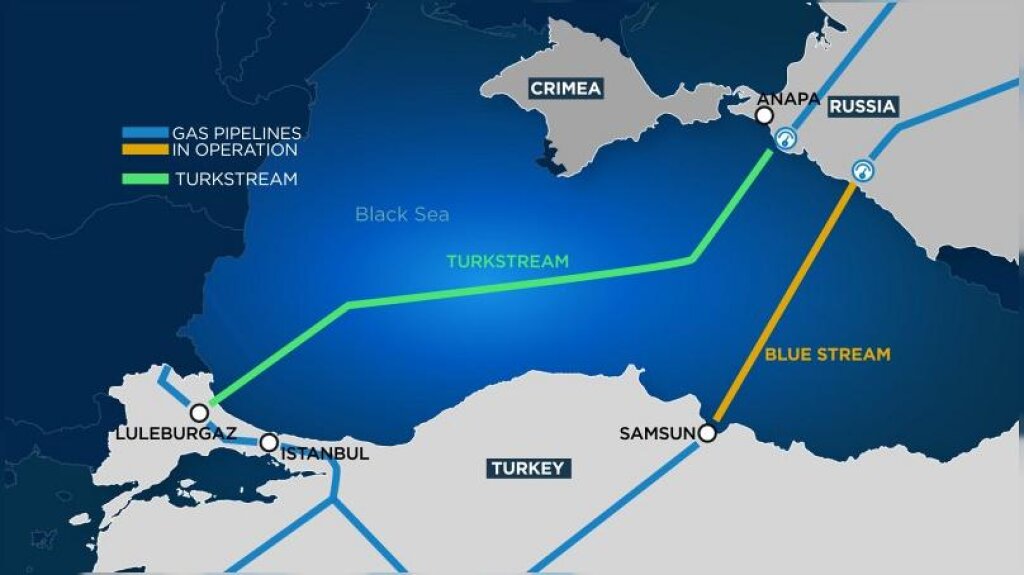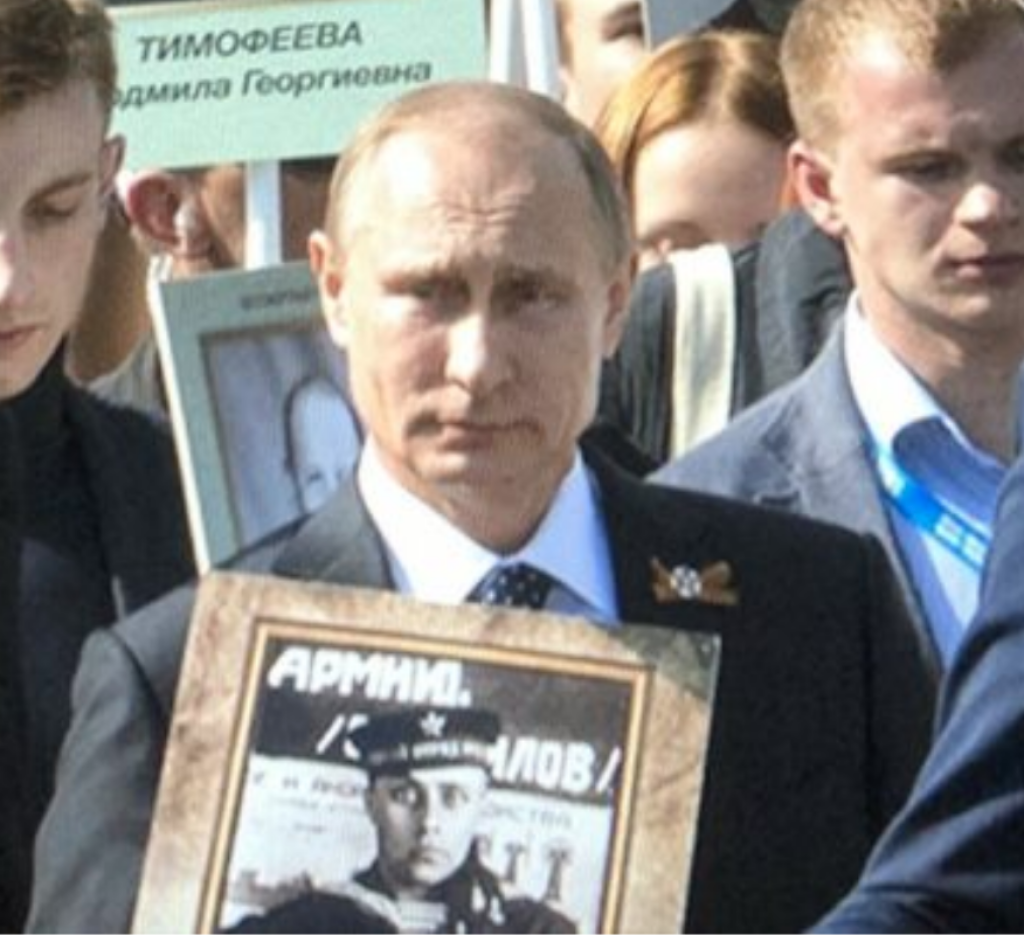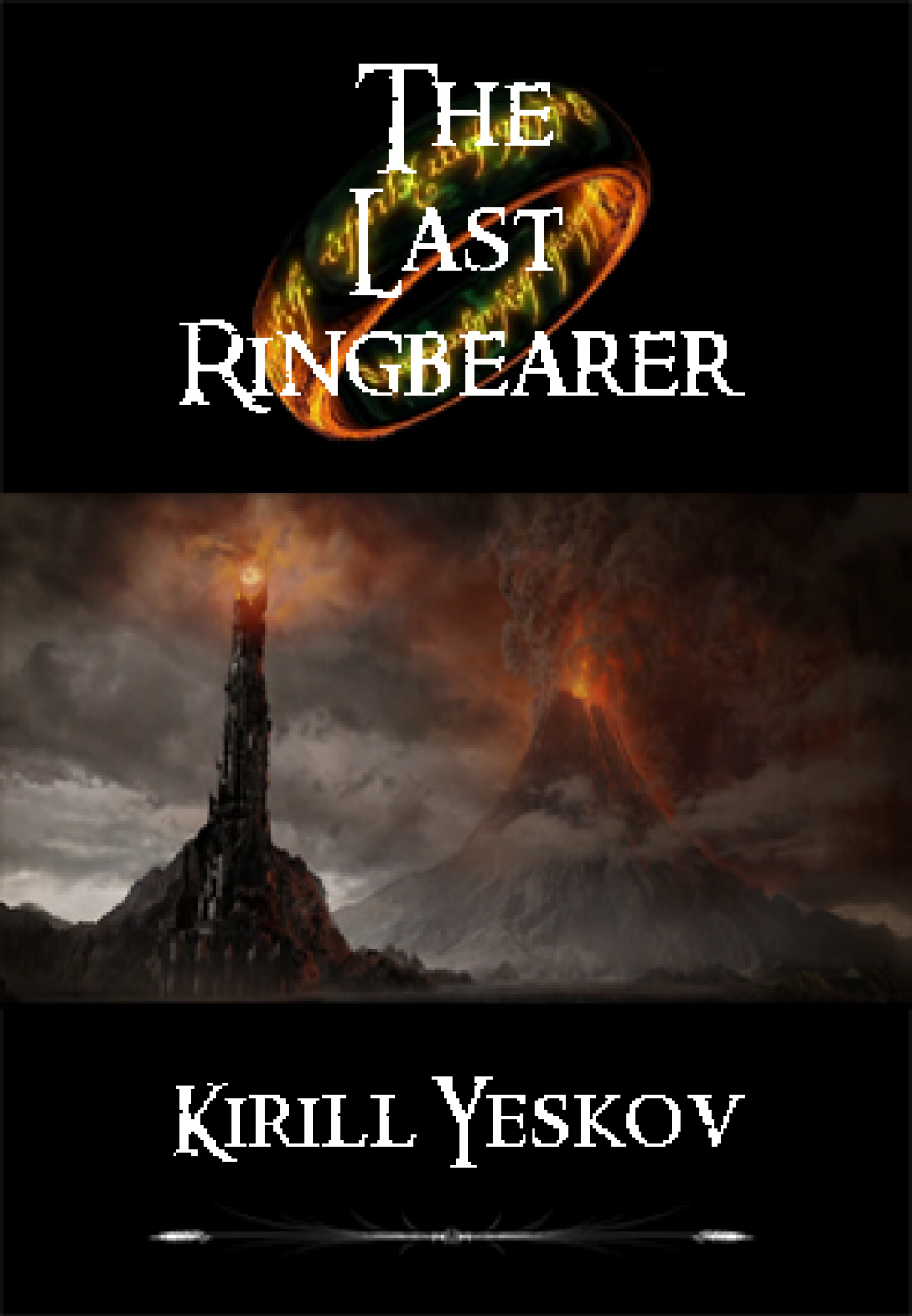Emily Holland is Assistant Professor in the Russia Maritime Studies Institute at the United States Naval War College and a current Jordan Center Visiting Scholar. Her interests include Russian foreign policy, energy politics, U.S.-Russia relations, and European security.
In February 2020, Rosatom, Russia’s State Atomic Energy Corporation, awarded tender offers for the construction of its forthcoming Dabaa nuclear power plant in Egypt. Financed through a Russian loan amounting to $25 billion, Dabaa will be Egypt's first nuclear power plant (NPP). Construction is also underway for a Russian-built, -owned, and -operated nuclear power plant in Turkey, also financed by Moscow. The global nuclear reactor market, of which Russia controls over 67%, is just one aspect of Russia's successful and always-expanding economic statecraft.
Unlike China’s Belt and Road Initiative and its investments in Africa, Latin America and beyond, Russian economic statecraft has received startlingly little attention from popular media and scholarly or policy communities alike. For years, researchers have explored the implications of China’s efforts to expand into new areas through strategic investments and infrastructure projects, yet there is a lack of understanding about Russia’s efforts to do the same.
Since the 1940s, a central tenet of Russian foreign policy has been to take advantage of its bounteous natural resources to exert influence abroad. Russia is a major exporter of both natural gas and oil, and is the dominant supplier of energy to Europe. Much has been written about Russia’s misuse of market power to exploit its consumers, particularly in the gas sector. Most notably, Europe experienced extreme gas shortages in January 2006 and 2009 when a contract dispute between Russia and Ukraine resulted in Gazprom first reducing, and then altogether halting the shipment of supplies.
These gas disputes were a wakeup call to Brussels, which soon passed the Third Energy Package, designed to reduce European dependence on Russian energy supplies. Together, the discovery of shale gas in the United States, technological advancements in liquefied natural gas (LNG), and the drop in commodity prices weakened Russia’s ability to extract unilateral concessions on a number of issues, but did not fully eliminate the possibility of manufactured crisis.
Europe’s tepid policy response to the Russian annexation of Crimea and subsequent action in Eastern Ukraine is a prime example of the power of Russia’s long-term energy investments. Despite strong rhetoric from German Chancellor Angela Merkel condemning the Kremlin’s behavior, EU sanctions on Russia were rather limited: by using targeted rather than broad sanctions, the EU sought to avoid threatening Russian gas sales to Europe. Several EU states, including Italy, Hungary, France, Greece, and Slovakia, as well as key German firms were skeptical. Lobbying against broader sanctions, these entities argued that these would damage national economies, have adverse affects on businesses, and possibly even worsen Russia-EU relations.
Despite increased pressure on EU states to diversify away from Russian energy imports, Gazprom had record sales to Europe in 2019 and doubled its annual net profit. Despite ongoing sanctions and widespread opposition from both Washington and several EU member states, Gazprom is nearing completion of Nord Stream 2, a controversial gas pipeline that doubles Gazprom’s capacity to ship gas directly to Germany. Calling Nord Stream 2 a “tool of coercion,” the US passed a new round of sanctions in December 2019 that forced a Swiss company to abandon construction on the last portion of the pipeline. But Germany, whose powerful utility firms benefit greatly from steady access to Russian supplies, called Washington’s sanctions an infringement of sovereignty and pledged to continue the project.
Russia has also increased investment in both its domestic and foreign nuclear sectors, quietly expanding the scope of its activities — even as Western companies retreated from the global nuclear reactor market after the Fukushima disaster. Russia has ongoing NPP projects in China, India, Turkey, Iran, Egypt, Belarus, Ukraine, Bangladesh and recently announced Africa as a “priority region” for expansion. With an order portfolio of over $135 billion, Rosatom has become the dominant firm in the global reactor market, in part due to its aggressive marketing strategy and attractive financing packages.
Rosatom’s project in Turkey is valued at over $20 billion, all financed by the company in return for a fixed price on future electricity sales. Given the huge capital costs of plant construction, the extent to which Rosatom will actually profit from this project is debatable. What is clear, however, is that this deal guarantees that Russia will remain a major commercial partner in Turkey for at least the next sixty years. Moreover, Russia is working directly with the Turkish government to draft the nuclear regulations that will apply to its own projects.
Russia’s investments in Turkey, including its forthcoming Turkstream gas pipeline, have already begun to pay off. For years, the Kremlin has sought to undermine NATO. Its efforts have proven most successful in Turkey. In defiance of the United States, in 2019 Turkey received a shipment of a Russian S-400 missile system. Despite clashes in Syria between Russian-backed Syrian forces and Turkey, including an airstrike in February that killed 36 Turkish soldiers in Idlib, Turkey has chosen not to blame Russia for the attack. Although tensions are high and the two leaders are meeting in Moscow to discuss the crisis, Russia and Turkey have already been on opposite sides of the Syrian conflict for five years and have managed to sustain their relationship.
Although energy has been the crux of Moscow’s economic statecraft policy, it has also employed a plethora of other tools in places like Ukraine. During the 2013 Maidan protests that preceded the revolution, Moscow used financial carrots and sticks: threatening import bans and accelerated debt repayment as well as offering loans and preferential trade treatment. As a result, before his expulsion, former Ukrainian President Viktor Yanukovych did not sign the EU Association Agreement. Moscow has also invested heavily in Venezuela, not only through huge investments into oil field development, but also through the sale of 36 fighter jets and over $4 billion in direct investment.
The cases of Ukraine and Venezuela show Russia’s use of economic means to further its geostrategic goals. For the past two decades, Moscow has increasingly relied on economic means of conducting foreign policy. The large projects outlined above are only the most prominent examples of Moscow’s long-term strategy to cultivate relationships and garner influence beyond military means.
Underlying these projects is Moscow’s most insidious form of economic statecraft: corruption. Corruption is endemic in the energy industry, as well as in many of the states where Moscow chooses to pursue new projects. The rise of corruption and kleptocracy associated with right-wing populism only gives Moscow further opportunities to use economic levers to pursue foreign policy goals. As new tools of financial globalization make it easier for states, firms, and powerful individuals to obfuscate the scope of their activities, Russia has begun to reap the rewards of its investments in Europe, the Middle East, Latin America, and beyond.



